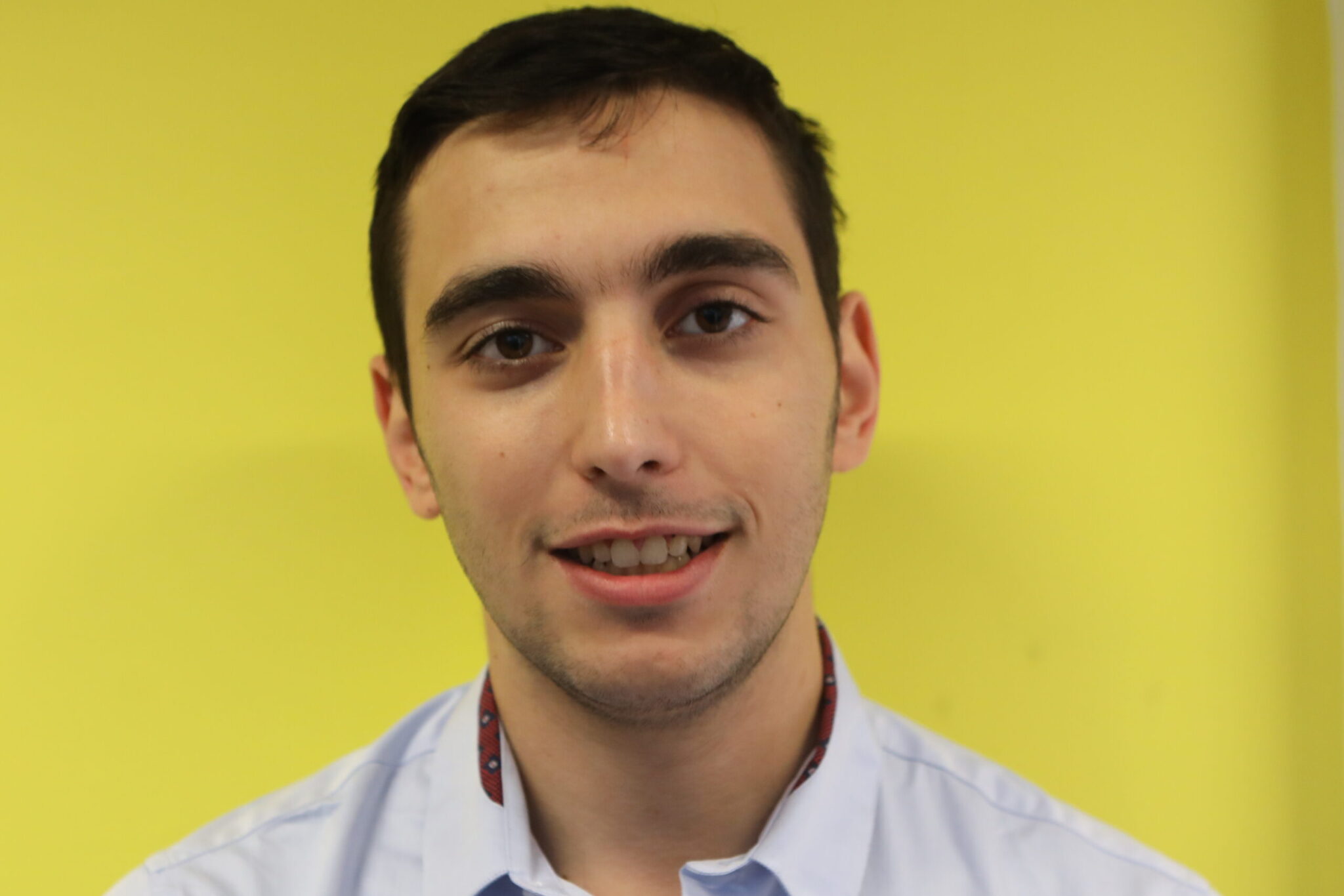Léo Simpson

PhD Student
Short Bio
Leo Simpson was born Toulouse, France, in 1996. After studying scientific topics during two years of “Classe Préparatoire”, he studied at Ecole Polytechnique from 2016 to 2019, for a master of applied mathematics. During these studies, he has been focusing on mathematics, and more, in a multidisciplinary formation involving physics, mechanics, chemistry, and engineering sciences.
He pursued his studies doing a master of mathematics at the Technical University of Munich from 2019 to 2021. This master’s degree was focused on optimization, and his master thesis topic was numerical optimal control applied to walking robots, in a group of researchers from Siemens Technology. He then decided to start his Ph.D. in Tool-temp, under the supervision of Dr. Jonas Asprion and Prof. Moritz Diehl, in the framework of the Marie Curie Initial Training Network “ELO-X”.
Now, he finishes his Ph.D. as a full syscop member, while being a teaching assistant for the courses "Optimization" (Basics of applied mathematics part III) and "Numercial Optimization".
Research Project at Tool-Temp
Tool-temp is a company producing Temperature Control Units (TCU), tools that control the temperature of a variety of industrial processes by means of circulating a thermal fluid. The dynamics of temperature transfers involved in these processes can be quite complex and are hard to model as they strongly depend on unknown parameters of the industrial process.
The research project focuses on implementing a Model Predictive Control (MPC) scheme for temperature regulation within a TCU. Central to this task are precise predictive models of temperature behavior, developed using a combination of physics-based knowledge and experimental data. Given that system components may change over time, parametric system identification is crucial for integrating physics-based insights and adapting models to new data.
Considering that other control applications might also benefit from general tools for parametric system identification, the research project also aims to develop efficient and reliable algorithms for parametric system identification.
